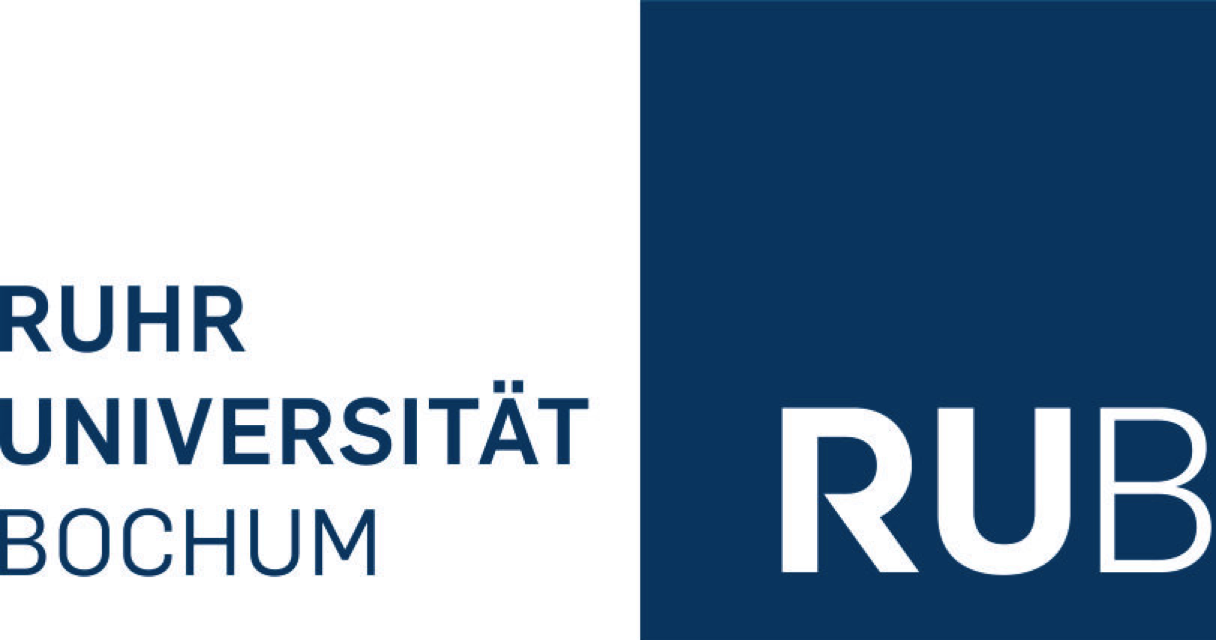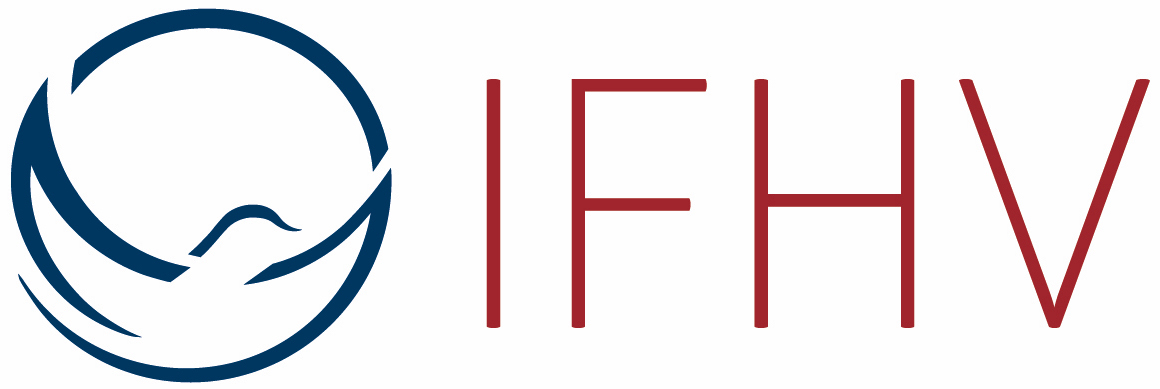Prepare for Humanitarian Action
The academy for humanitarian action (aha) provides advanced training courses for the humanitarian community. It combines unique insights from humanitarian practice and academic research. Join us on our mission to spread the skills we need when crises hit – start today.
Upcoming courses
Who we are
The academy for humanitarian action (aha) is an institution for further education in the humanitarian sector. It is located at the intersection of humanitarian practice and research and pools the expertise from over 25 years of work in the humanitarian sector. The aha carries out high quality trainings and offers a platform for other training providers in the field of humanitarian action. Our trainings are based on internationally established initiatives to systematize and standardize education in humanitarian action. Visit the about us section to find out more!
What we aim for
Our work is inspired by the desire to create a positive impact and advance the professionalization of humanitarian action in Germany and beyond. Our aim is to support humanitarians in their continuous effort to further improve the quality of their work, address new challenges and meet important requests for reform, such as the commitments that were made in the course of the World Humanitarian Summit. A special emphasis of our work is on anticipatory humanitarian action and community-led response. Visit the about us section to find out more!
What we offer
The academy for humanitarian action offers a wide range of different training courses on topics related to humanitarian action and international collaboration. The trainings are carried out by aha members and by external providers who have proven expertise in selected areas. Our curriculum is based on the indicated needs of target communities and will be continuously updated and adapted in collaboration with experts from different practical and academic disciplines. Click here to get an overview of our current course offer or here to download a pdf version of our course curriculum for 2024. Participating in several courses of the curriculum will allow you to gain a “Certificate of Advanced Studies” (CAS).
Your tailor-made certificate
The academy for humanitarian action offers flexible and tailor-made certificates that can be adapted to your purpose. You may opt for a simple certificate of attendance, a course certificate or a “Certificate of Advanced Studies” from one of the core tracks: Foundations of Humanitarian Action, Anticipatory Humanitarian Action or Locally-led Humanitarian Action. Each “Certificate of Advanced Studies” comprises five course certificates. To get a more detailed overview of our modular certification scheme, click here.






